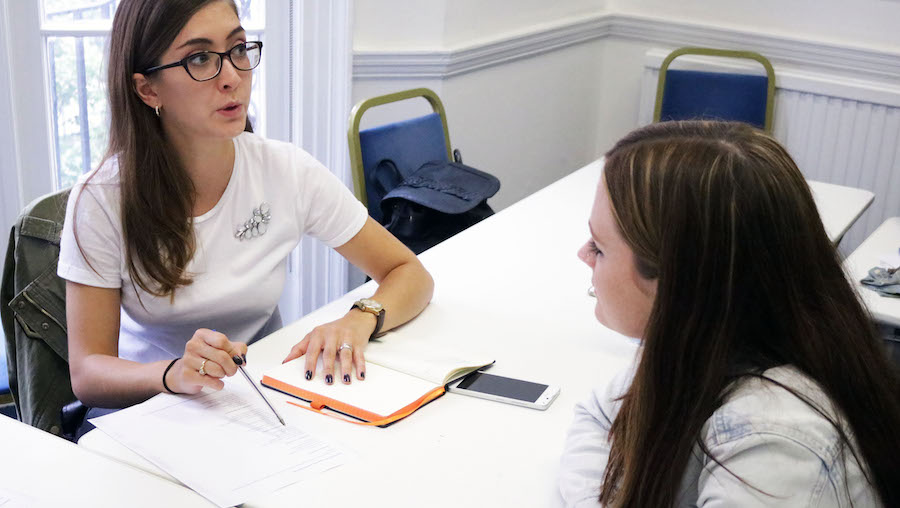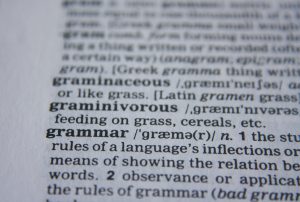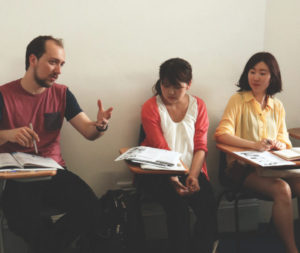Future Tenses
In English, we use special tenses to talk about the future.
Some languages do not have special tenses for the future, but in English they are very important.
Each tense has a focused use, and we choose them for different reasons.
Here is an example of the 4 future tenses, why we use them and how they are structured 😊
Future Simple
We use the future simple to talk about plans which we know will/won’t happen, making predictions and making promises.
We use WILL or AM/IS/ARE + GOING TO followed by the INFINITIVE/PRESENT SIMPLE of the VERB
For example:
A Plan: We will go on holiday to Spain next summer / We won’t go to Italy.
A Prediction: Real Madrid is going to win the Champions League football cup this year / Chelsea isn’t going to win.
A Promise: I will always love you / I will never love you
(here we are also using the adverbs of frequency always and never to show that we promise to love somebody forever, or we know that we can never love somebody ever.
Future Continuous
We use the future continuous to say what will be happening / be in progress at a time in the future- the action is not finished in that future time but will still be happening at that time.
We use will or AM/IS/ARE + GOING TO + BE + VERB+ING (the Gerund form of the verb) and usually with a future time reference.
For example:
I will be having dinner at 8pm tonight.
She is going to be calling Maria on Sunday.
Simon won’t be playing for the team next Saturday.
Future Perfect
We use the future perfect to say that we know something will or won’t have started/finished/happened at a time in the future.
We use Will or IS/AM/ARE + GOING TO + HAVE + the Past Participle (the third form of the verb) and a future time reference.
For example:
She will have graduated from university next September.
He won’t have finished his homework by 6pm tonight.
They are going to have been married for 20 years in 2021.
We aren’t going to have done the shopping before we meet you later.
Those are the future tenses in English- keep practising!! Good Luck 😊




